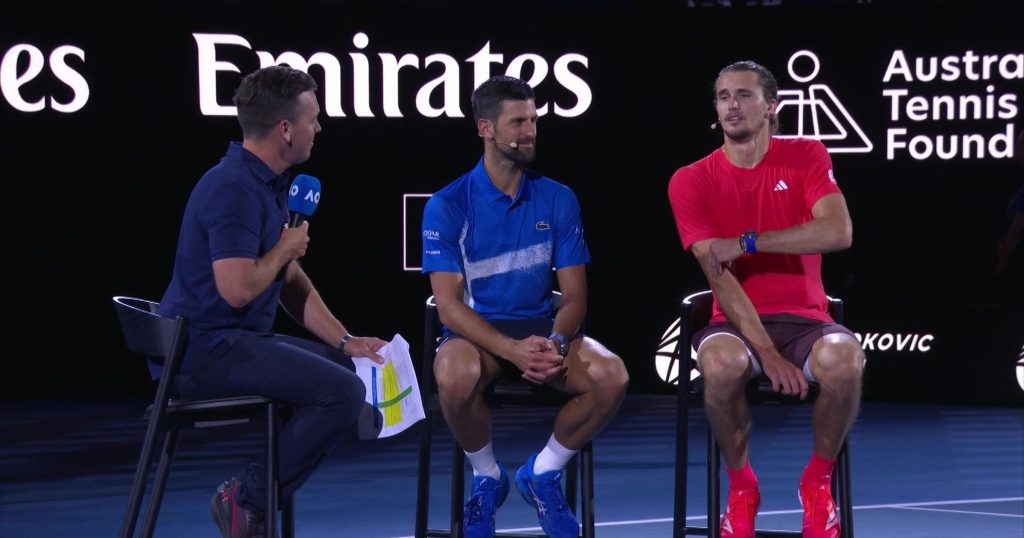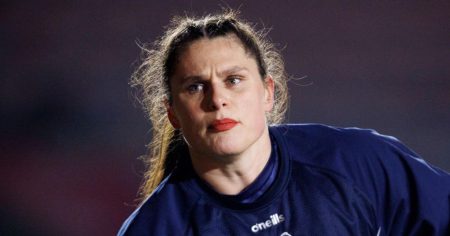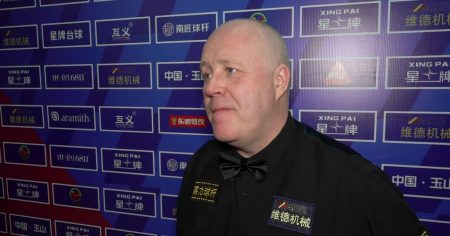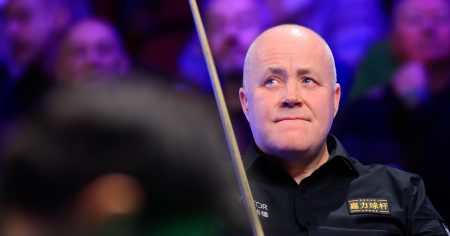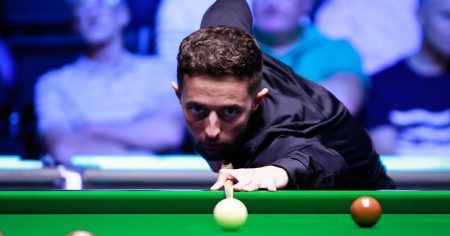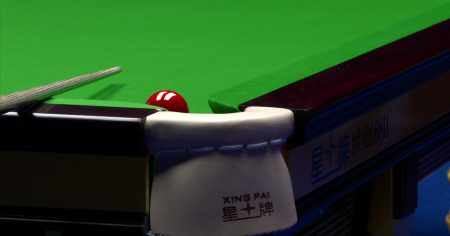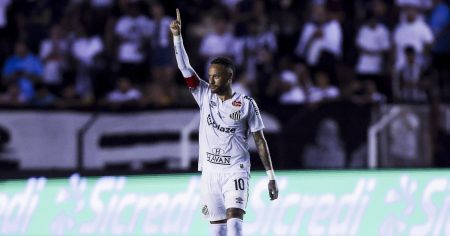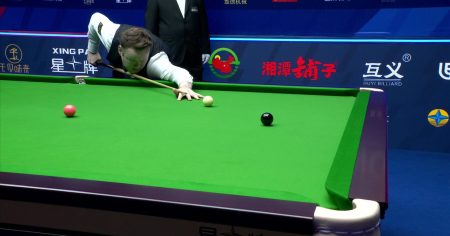The tennis world buzzed with speculation and amusement when the rumor mill churned out an unexpected pairing: Andy Murray, the gritty British champion, potentially joining forces with Novak Djokovic, the Serbian powerhouse, in a coaching capacity. While the news ultimately proved to be a playful misunderstanding, Alexander Zverev’s initial reaction captured the sentiment of many. Zverev, the German tennis star, jokingly expressed his dismay, painting a humorous picture of the formidable duo strategizing against him. This seemingly unlikely partnership, even as a fleeting jest, highlighted the complex dynamics and competitive landscape of professional tennis, where respect and rivalry often intertwine. The incident also served as a reminder of Murray’s astute tennis mind and the potential impact he could have as a coach.
Zverev’s mock despair, though lighthearted, underscored the undeniable threat a Djokovic-Murray collaboration would pose. Djokovic, renowned for his relentless baseline play and mental fortitude, coupled with Murray’s tactical acumen and understanding of the game, would create a coaching synergy that could potentially elevate Djokovic’s already dominant performance. Murray, despite his injury-laden career, possesses a deep knowledge of the game, having competed against and analyzed the top players for years. His strategic mind, known for dissecting opponents’ weaknesses and exploiting them ruthlessly, would be an invaluable asset to any player, let alone a player of Djokovic’s caliber. The imagined partnership, even in jest, served as a testament to Murray’s potential as a future coach, a path he might explore further after his playing career.
The humorous speculation surrounding Djokovic and Murray also illuminated the intricate web of relationships within the professional tennis circuit. While intense rivalries are common, they often coexist with mutual respect and camaraderie. Djokovic and Murray have battled fiercely on the court for years, vying for Grand Slam titles and the world number one ranking. Yet, beneath the surface of competition lies a shared history and an understanding of the pressures and sacrifices involved in reaching the pinnacle of the sport. This underlying respect allows for moments of levity and banter, as evidenced by the playful speculation around their potential partnership. Such moments humanize the players and remind us that even amidst the fierce competition, there exists a sense of community and shared experience.
The incident further highlighted the constant quest for improvement that drives the top players in tennis. Even at the highest level, athletes like Djokovic continually seek ways to refine their game, gain a competitive edge, and push the boundaries of their performance. The willingness to explore unconventional coaching arrangements, even if jokingly, reflects this relentless pursuit of excellence. It also speaks to the importance of mentorship and the value of learning from different perspectives. Experienced players like Murray, having navigated the challenges and triumphs of a professional career, possess invaluable insights that can benefit the next generation of players.
The lighthearted speculation surrounding a Djokovic-Murray partnership also sparked discussions about the role of coaching in tennis. While individual talent and dedication are paramount, the guidance and strategic input of a coach can be instrumental in shaping a player’s career trajectory. A coach serves not only as a tactical advisor but also as a mentor, motivator, and sounding board. They help players analyze their strengths and weaknesses, develop game plans, and navigate the mental and emotional pressures of competition. The imagined pairing of Djokovic and Murray underscored the significance of coaching in maximizing a player’s potential and achieving sustained success at the highest level.
In conclusion, the humorous speculation about Andy Murray coaching Novak Djokovic, sparked by Alexander Zverev’s playful reaction, offered a glimpse into the complex dynamics of professional tennis. It highlighted the interplay of rivalry and respect, the constant pursuit of improvement, and the crucial role of coaching in shaping a player’s career. While the partnership remained confined to the realm of jest, it served as a reminder of Murray’s potential as a future coach and the impact he could have on the next generation of tennis stars. The incident also emphasized the importance of mentorship and the value of learning from different perspectives, even from those who have been fierce competitors on the court. The playful banter ultimately contributed to the human narrative of professional tennis, reminding us that even amidst intense competition, there exists a sense of community, shared experience, and a touch of humor.




